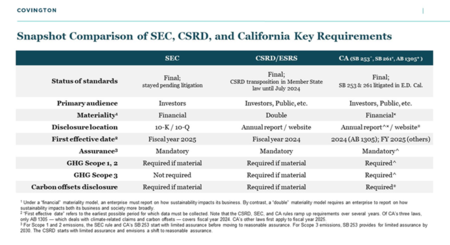The McGowan Government is leading the way in successful joint management with traditional owners, as confirmed by a review into the functionality of Western Australia’s joint management arrangements.
A review of the amendments made to the Conservation and Land Management Act 1984 in 2011 showed they were helping Aboriginal people to be meaningfully involved in the management of lands and waters to which they have a traditional connection.
Since the 2011 amendments, the Department of Biodiversity, Conservation and Attractions’ (DBCA) joint management program has grown rapidly and is now a core part of business, with the establishment of 11 joint management bodies.
As of November 1, 2020, over 40 parks and reserves, totalling more than 4.86 million hectares, are being jointly managed by traditional owners and DBCA.
Further management partnerships will be negotiated across the State as part of the McGowan Government’s Plan for Our Parks initiative, which aims to create five million hectares of new national and marine parks and reserves in WA.
As stated by Environment Minister Stephen Dawson:
“The McGowan Government is committed to working with traditional owners to better manage country, and to provide a pathway for Aboriginal people to develop careers in land and sea management and conservation.
“The legislation provides a crucial framework for negotiating and implementing native title agreements and creating new conservation areas.
“DBCA’s Parks and Wildlife Service has a number of long-standing and successful joint management and employment arrangements with traditional owner groups and I look forward to more partnerships being established under Plan for Our Parks.”
As stated by Aboriginal Affairs Minister Ben Wyatt:
“The review of the CALM Act confirms the success and importance of the State Government’s joint management process.
“Traditional owners have for thousands of years managed WA’s unique and varied landscapes and by harnessing their knowledge we are able to care for our lands in the best way possible.
“Importantly, joint management arrangements also provide ongoing social and economic benefits for Aboriginal communities by opening up job and training opportunities.”








